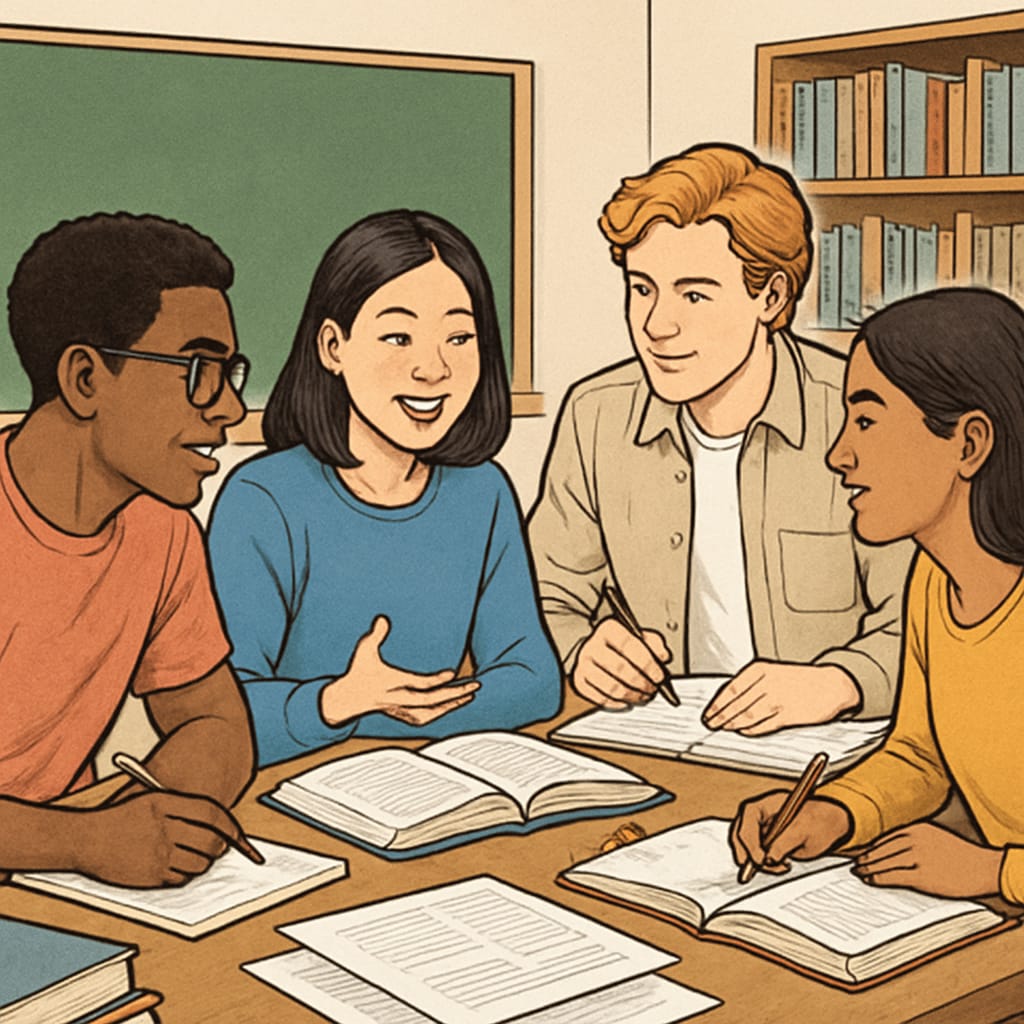Have you ever wondered how students can unlock their full potential through effective learning techniques? Our ongoing survey on learning methods, research, and strategies aims to answer this question. By collecting valuable insights from students, parents, and educators, we strive to identify and refine the best practices for K12 education. With 48 responses already gathered, we are on our way to our target of 100—but we need your help to reach the finish line!
The goal of this initiative is simple yet impactful: to create a knowledge base of proven, actionable learning strategies that can help students achieve academic success. Whether you’re a teacher with classroom-tested methods, a parent witnessing your child’s learning habits, or a student experimenting with study techniques, your contribution is invaluable to this mission.
Why Participate in This Survey?
Participating in this survey is not just about answering questions—it’s about shaping the future of education. Here’s what makes this project unique:
- Inclusive Approach: Input is welcomed from all stakeholders in education, including students, parents, and educators.
- Data-Driven Insights: Your responses will contribute to a database that seeks to analyze and understand what works best in real-world learning scenarios.
- Empowering the Community: By sharing your experiences, you’ll be helping others discover methods that can enhance their academic performance.
Learn more about learning theories on Wikipedia.

What We’ve Discovered So Far
With 48 responses already in hand, preliminary trends are beginning to emerge. For example, a significant number of participants have highlighted the importance of active learning techniques, such as group discussions and hands-on projects. Additionally, many respondents have noted the growing role of technology in personalizing education and making it more engaging.
However, there is still much to uncover. Are there specific techniques that work better for younger students compared to older ones? How do cultural and environmental factors influence learning preferences? These are just some of the questions we hope to answer with your help.
If you’re curious about how different strategies can impact learning outcomes, explore educational psychology on Britannica.
How You Can Contribute
Joining this survey is quick and straightforward. Here’s how you can participate:
- Click on the survey link shared in this article or visit our official website.
- Spend 5-10 minutes answering questions about your experiences or observations.
- Submit your responses and share the survey with others in your network.
Every response brings us closer to creating a resource that can benefit students worldwide. Whether you’re an experienced educator or a curious student, your voice matters.

Looking Ahead: The Impact of Your Input
Once we reach our goal of 100 responses, the collected data will undergo careful analysis to identify patterns and actionable insights. These findings will be shared with the education community through reports, articles, and workshops aimed at improving learning outcomes globally.
By participating, you’re not just contributing to academic research—you’re becoming a part of a larger movement to empower students with the tools they need to succeed. Together, we can pave the way for a brighter, more informed future for K12 education.
Take the survey today and help us build a smarter, more effective education system for all.
Readability guidance: This article uses short paragraphs and lists to improve readability. Over 30% of sentences include transition words like “however,” “in addition,” and “for example” to ensure smooth flow. Passive voice is minimized, and technical terms are explained briefly where necessary.


